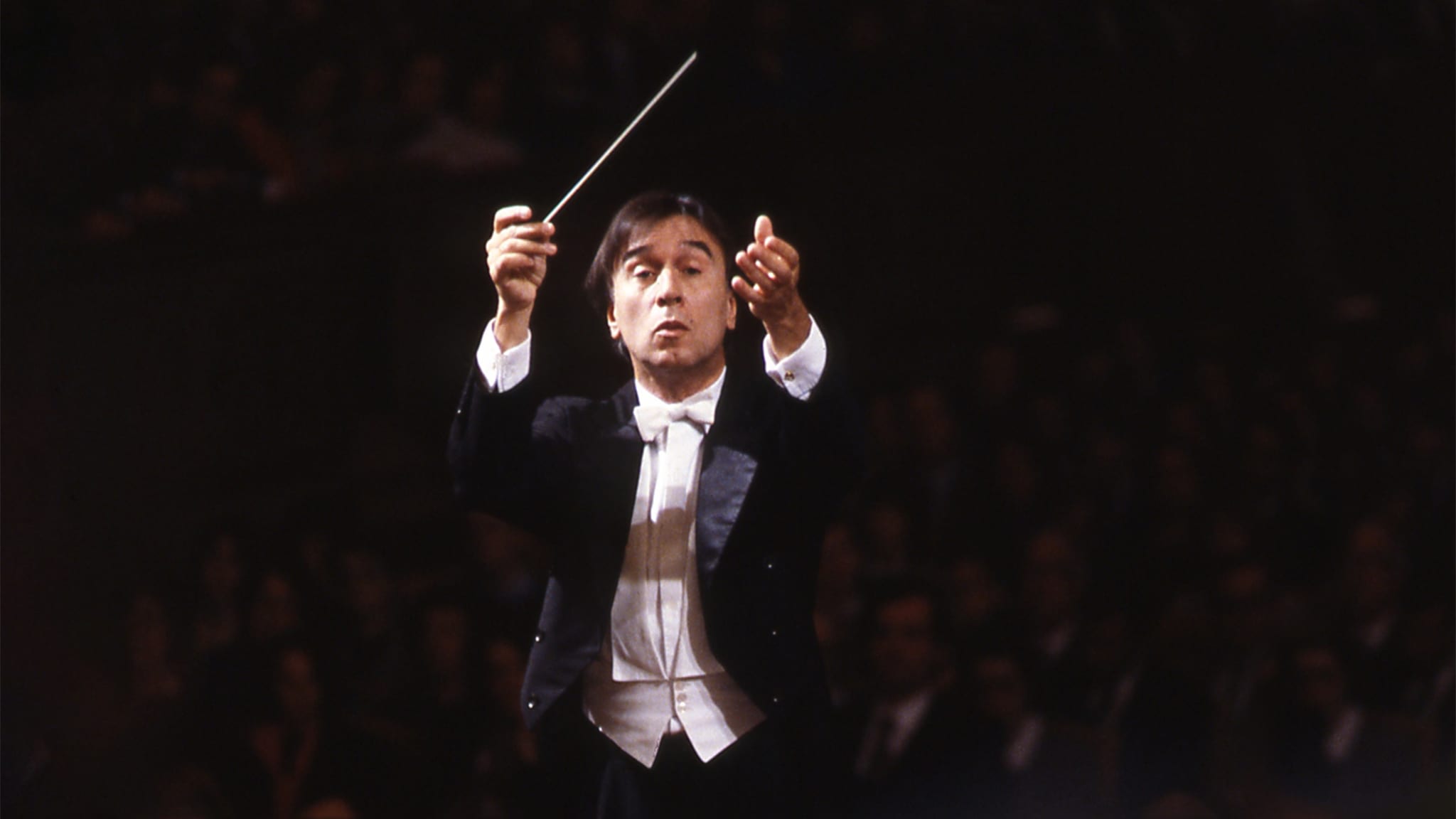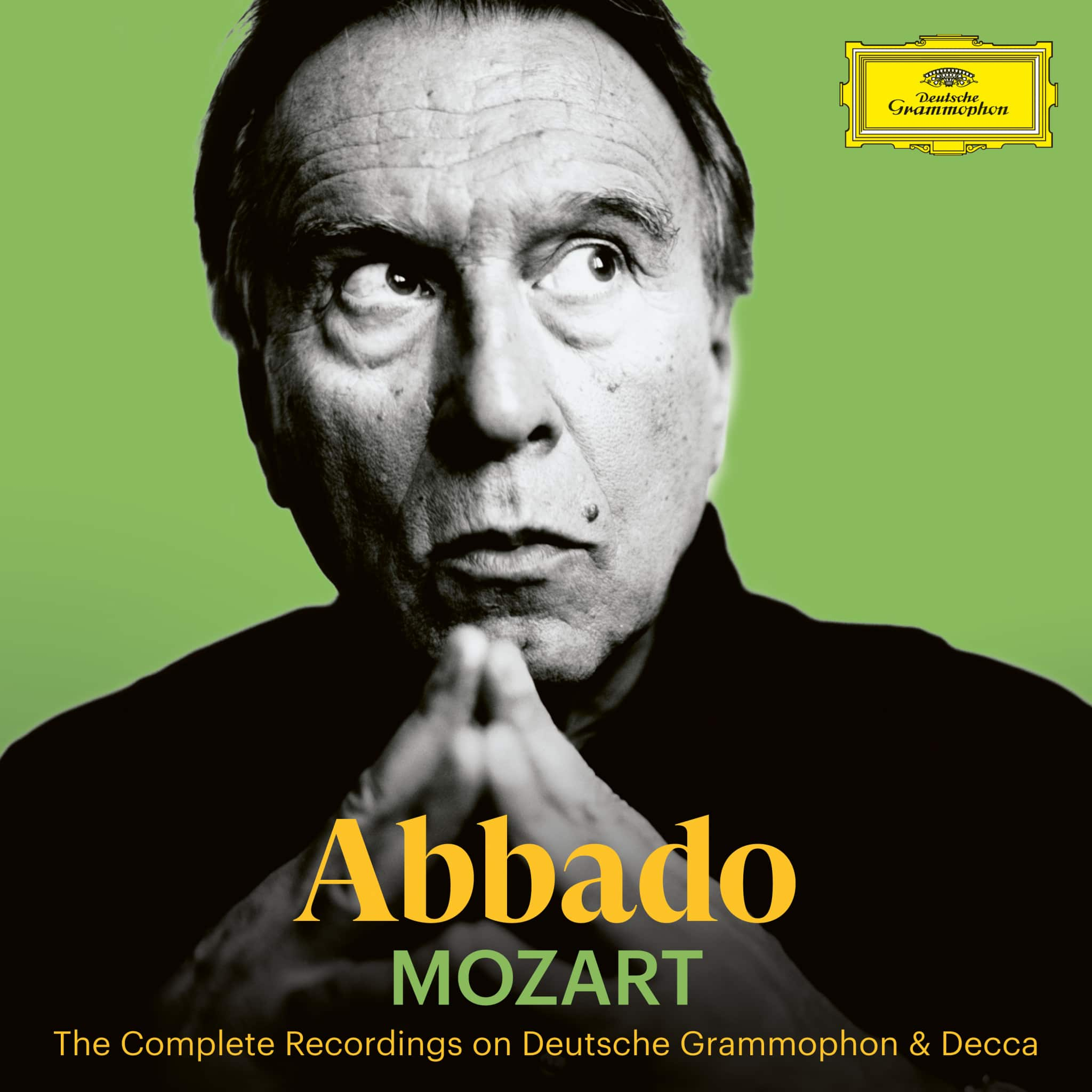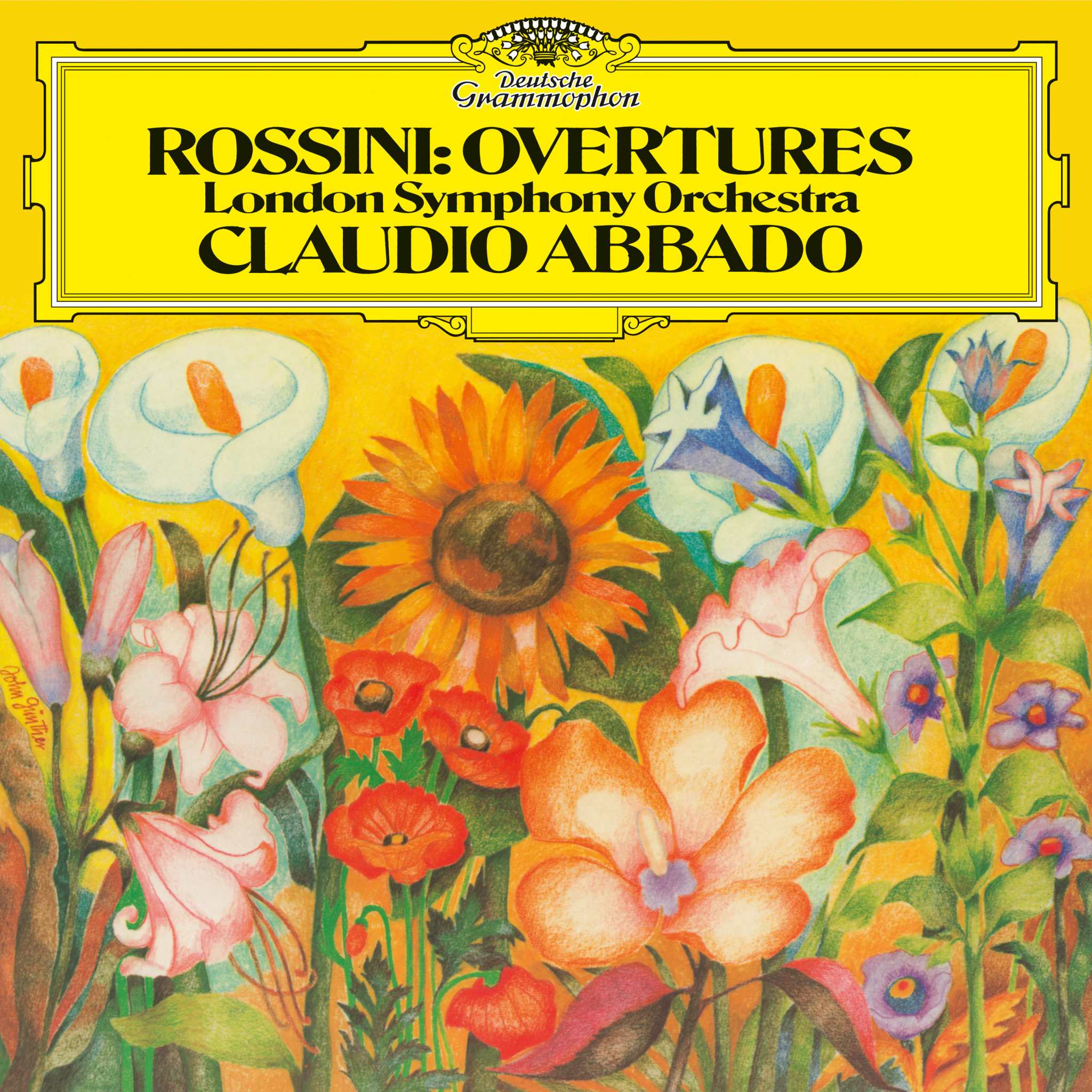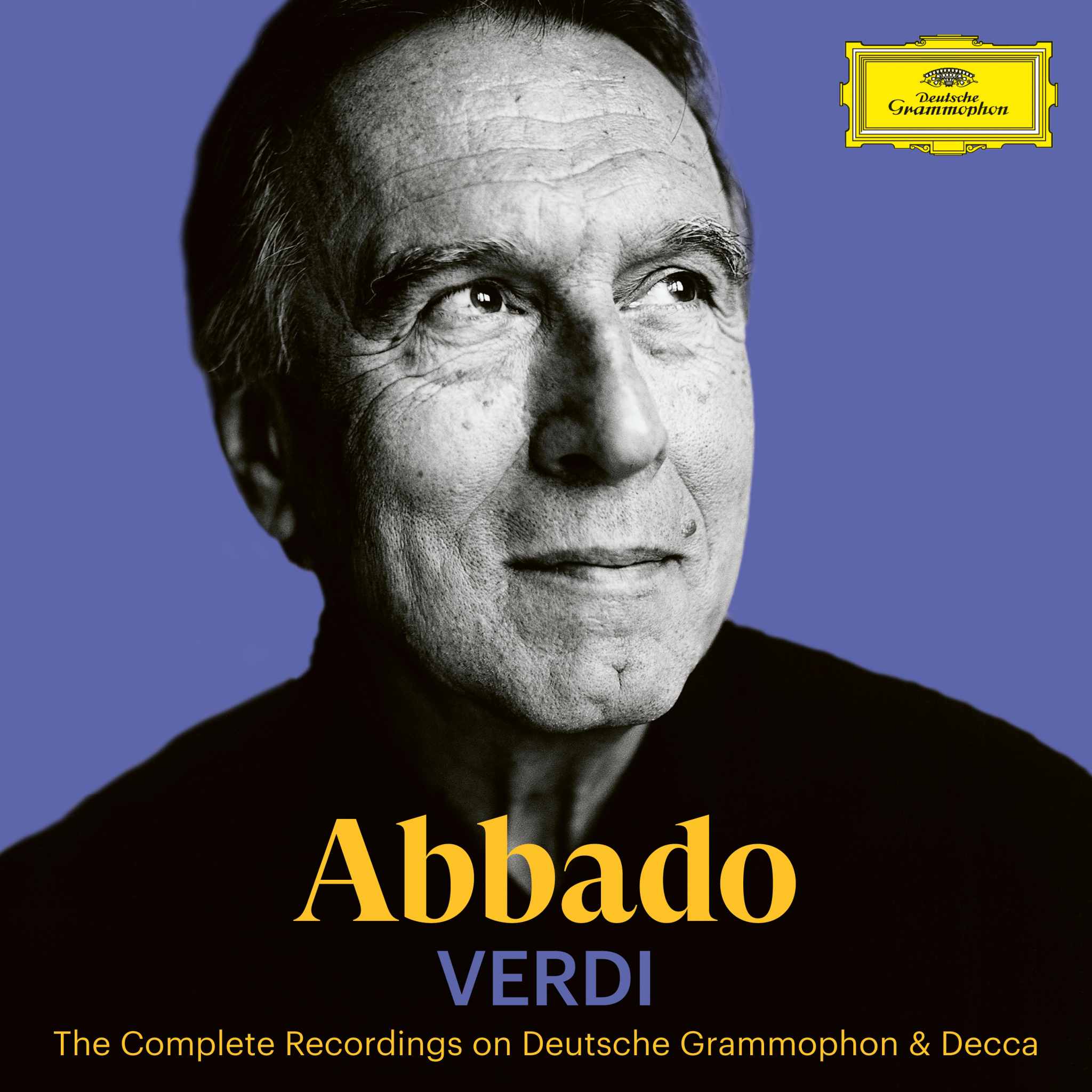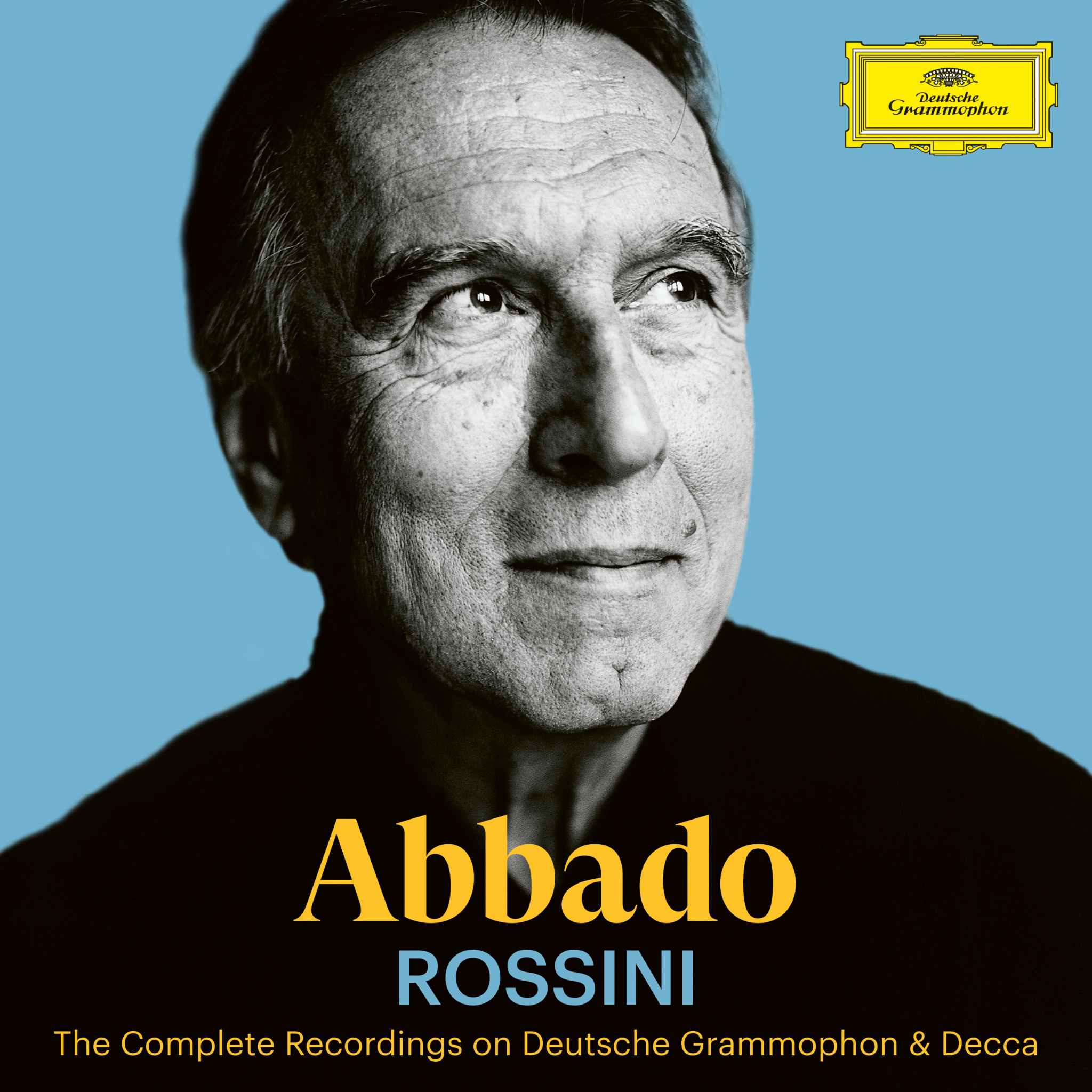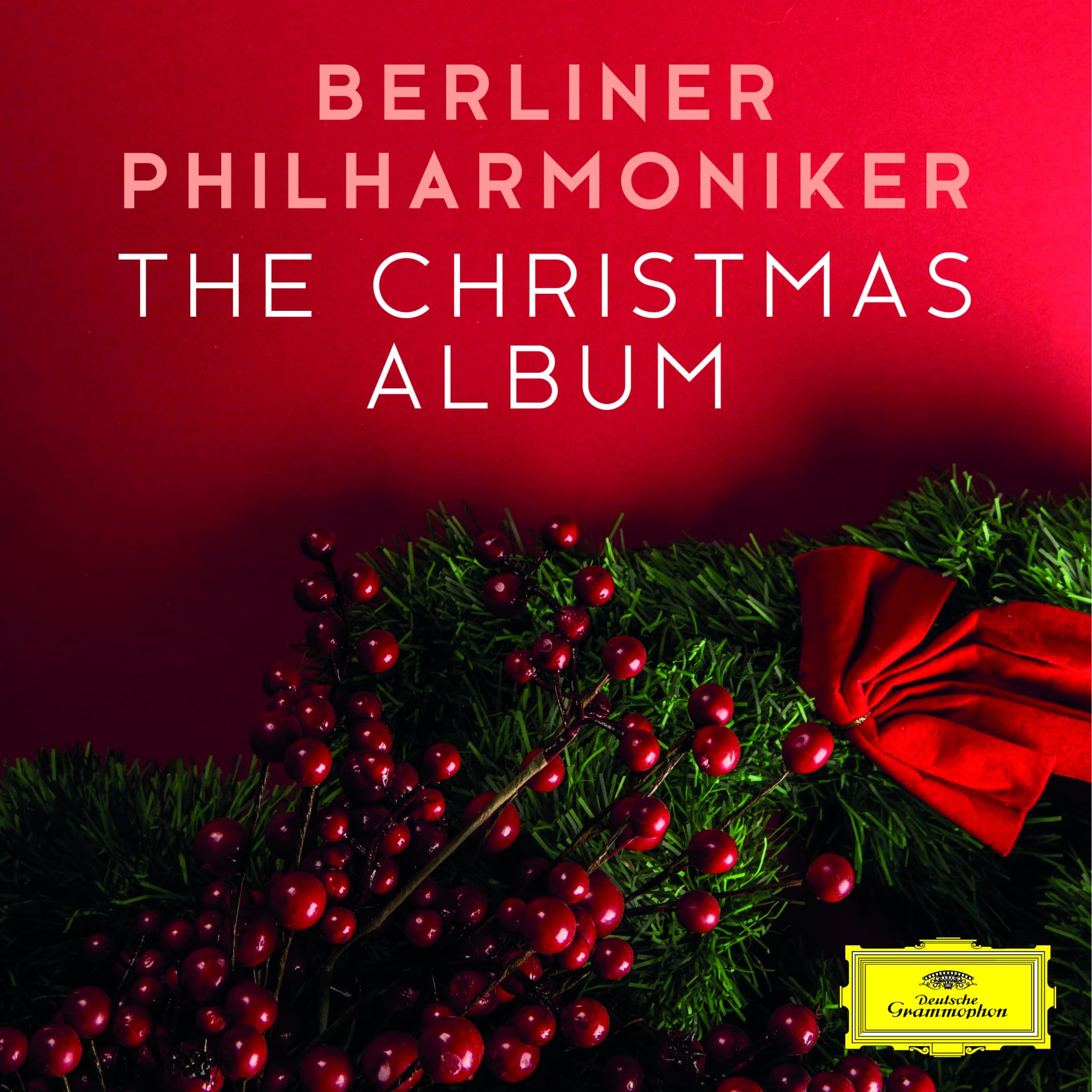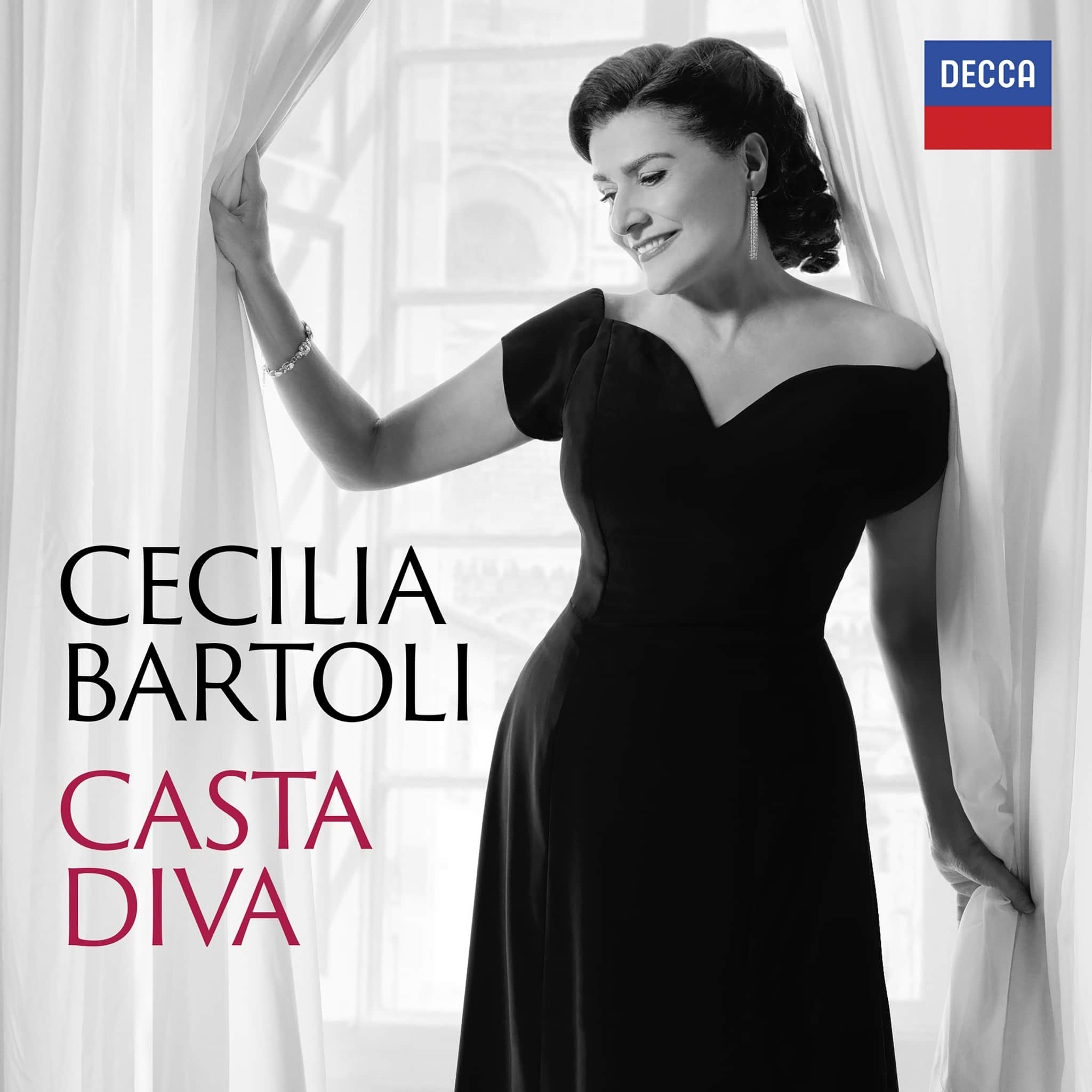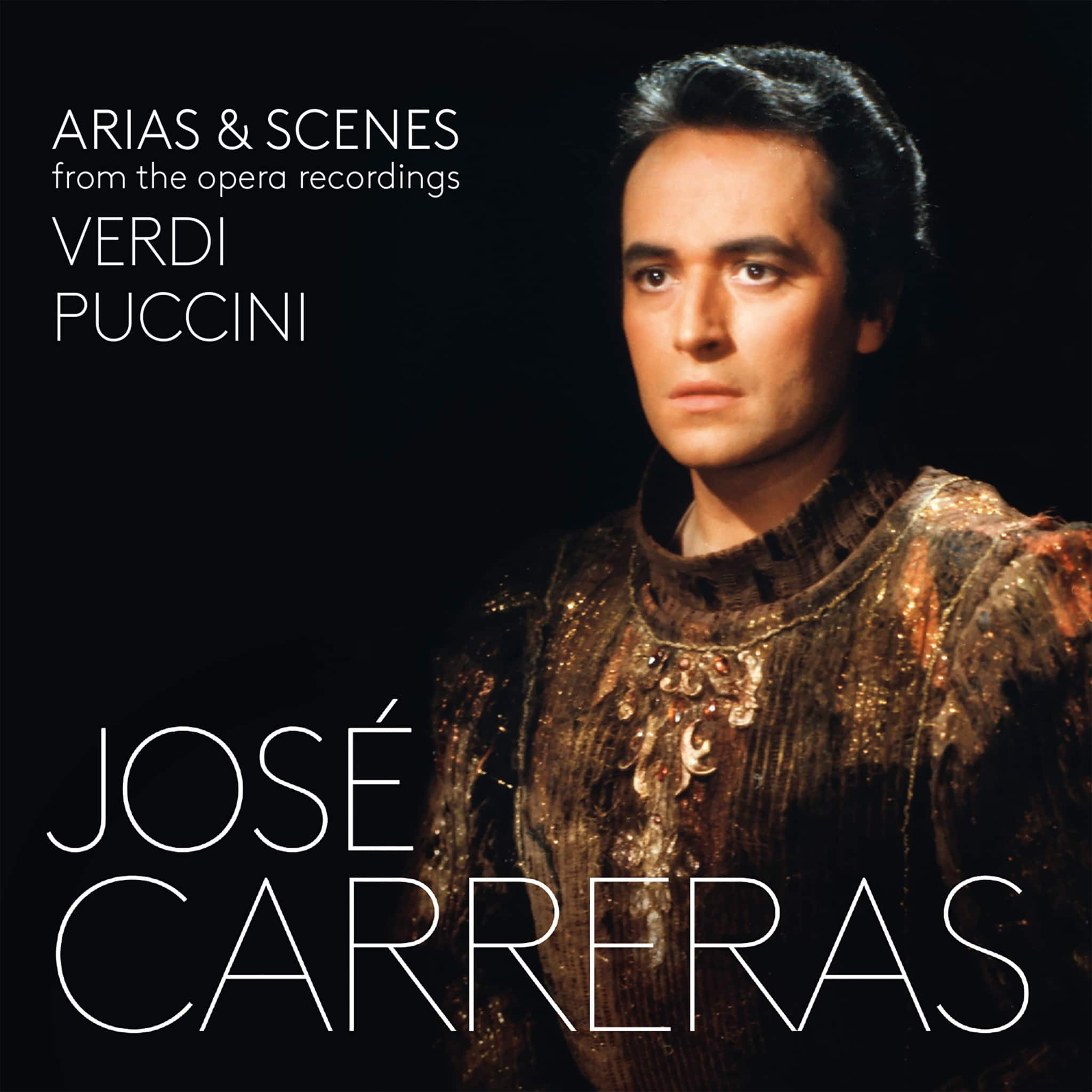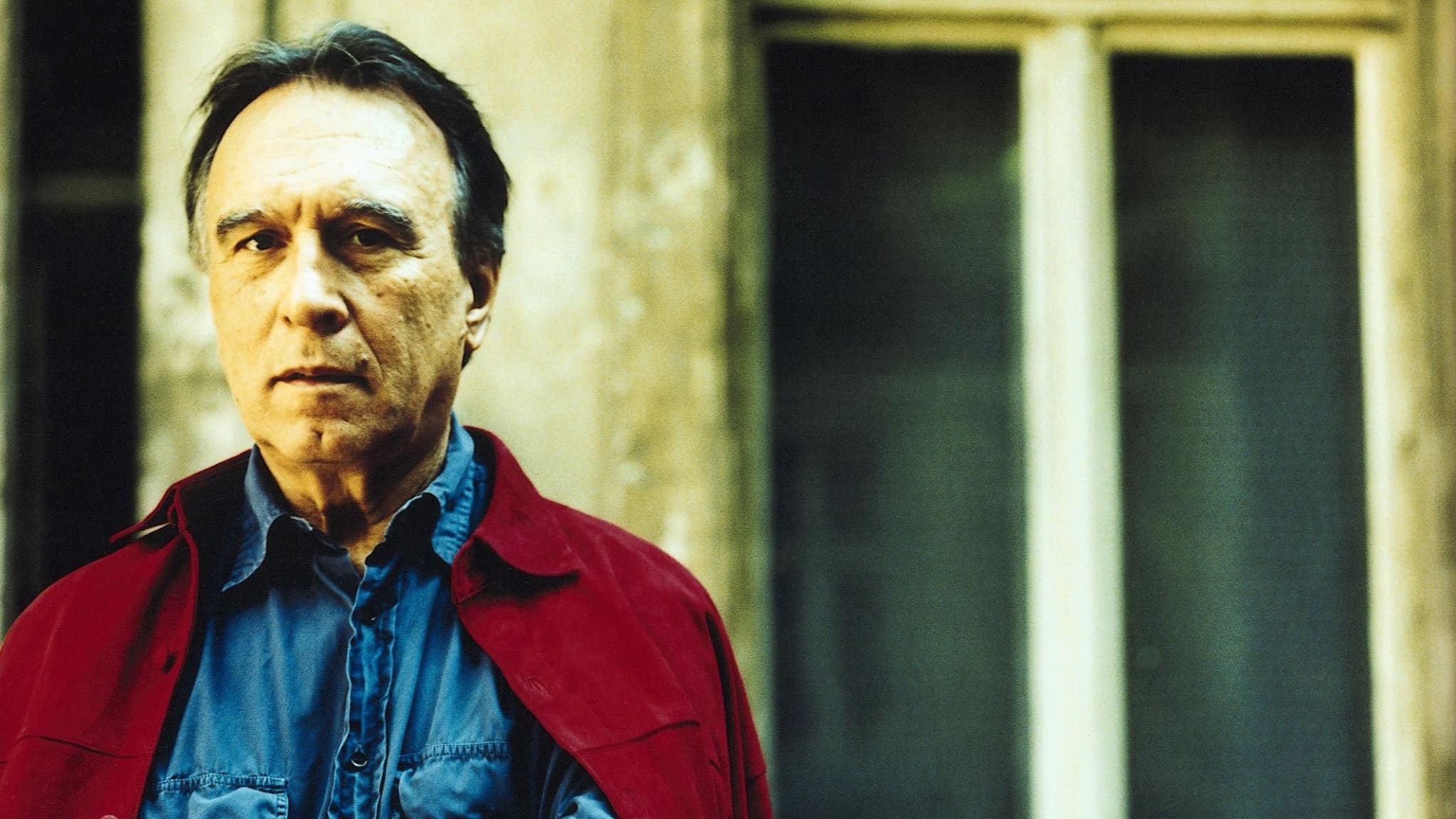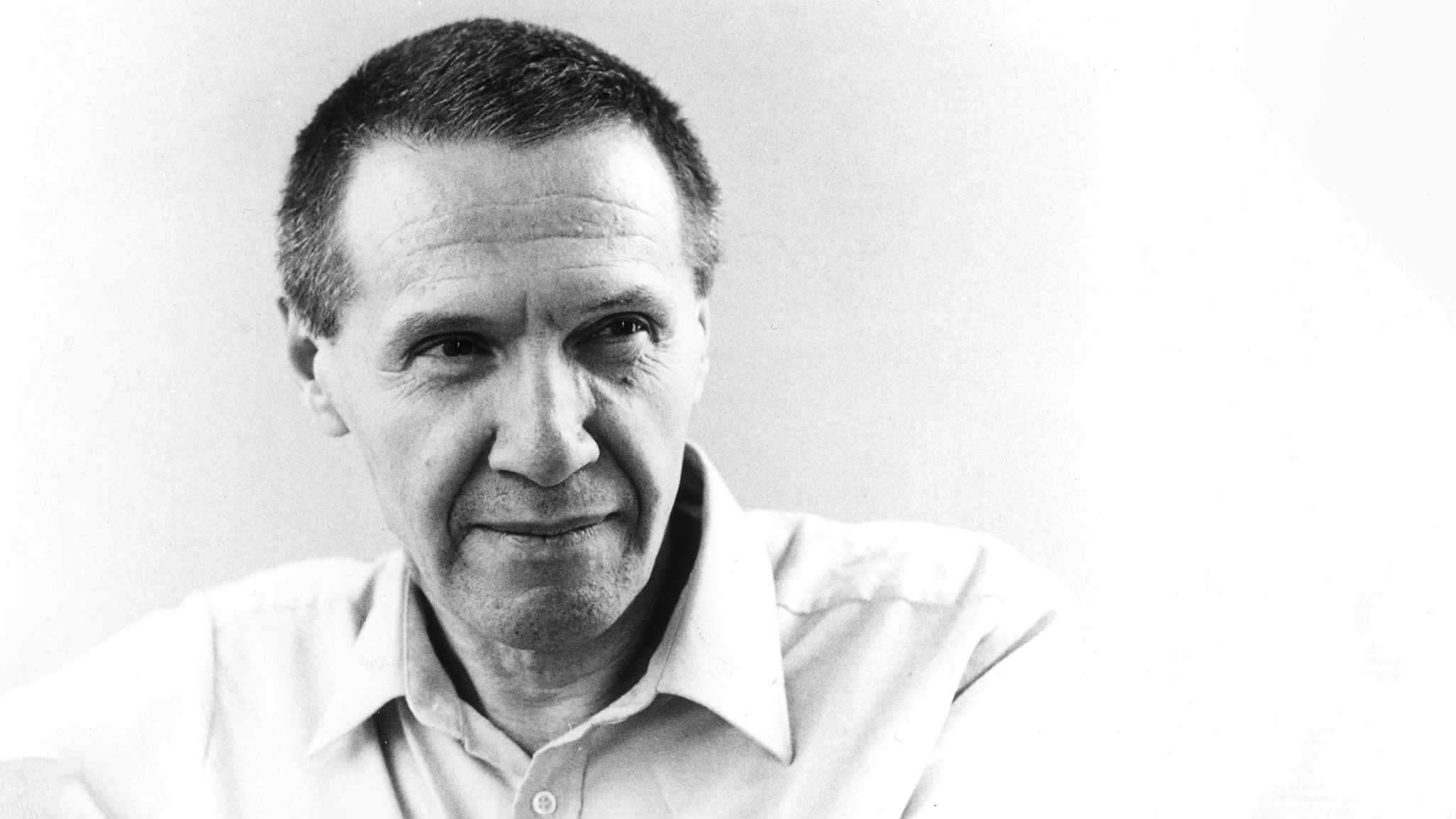AboutClaudio Abbado
Claudio Abbado 1933 – 2014
It is with deep regret that Deutsche Grammophon announces the death of one of the greatest conductors of the last century, a towering artist whose life's work will undoubtedly endure through time. DG was and is proud to have accompanied Abbado on his musical journey during the 46 years he was associated with this label and to have had the privilege of preserving his work in recordings.
Claudio Abbado will be remembered not only as one of the most remarkable conductors of his time, possessing the astonishing ability to penetrate directly to the core of the music and reveal its secrets with absolute clarity, but also as a human being whose tireless work and communicative talent had far-reaching effects on the entire cultural life through the promotion of musicians, the founding of orchestras, and the establishment of festivals.
Exclusive interviews with Claudio Abbado Watch on STAGE+
He also leaves behind a vast legacy of recordings that reflects his personal development as a musician, as well as his enthusiasm for composers such as Mahler, Debussy, Verdi, Mussorgsky, and Schubert, and his commitment to contemporary works by Nono, Stockhausen, and Rihm, among others. It is furthermore a testament to his work with the institutions that shaped his career: La Scala in Milan, the London Symphony Orchestra, the Vienna Philharmonic, and the Berlin Philharmonic.
Claudio Abbado was born in Milan in 1933, the scion of a music and art-loving family. He studied piano, composition, and conducting at the "Giuseppe Verdi" Conservatory in his hometown before moving to Vienna in the mid-1950s after completing his studies to continue his conducting studies with Hans Swarowsky. In 1958, he won the Koussevitzky Prize of the Boston Symphony Orchestra. Two years later, he made his debut at La Scala in Milan, conducting Scarlatti at the Piccola Scala. The breadth of his artistic interests was already evident in the repertoire of these relatively early years of his career, for example, when he conducted Prokofiev's opera The Love for Three Oranges in Trieste in 1962.
In 1963, he won the Mitropoulos Prize and worked for several months as an assistant to Leonard Bernstein with the New York Philharmonic. Herbert von Karajan invited him to conduct the Vienna Philharmonic for the first time at the Salzburg Festival in 1965 in a performance of Mahler's Symphony No. 2. In the same year, he conducted the premiere of Giacomo Manzoni's Atomtod at the Piccola Scala, and in the following season, he led his first opera in the main house of La Scala: Bellini's I Capuleti e i Montecchi with Pavarotti and Scotto. After conducting the opening performances of the two subsequent seasons, he was appointed Music Director of La Scala in 1968 at the age of just 35. His tenure, which lasted until 1986, was marked by a series of groundbreaking initiatives: he expanded the repertoire to include 20th-century classics, commissioned important new works such as Stockhausen's Samstag aus Licht, engaged guest conductors such as Carlos Kleiber, and opened the house to broader audiences with concerts for students and workers. Abbado personally oversaw the introduction of a new scholarly approach to standard repertoire pieces. Combined with his gift for bringing out structures of extreme clarity, familiar works suddenly appeared entirely new: Rossini's Il barbiere di Siviglia, performed according to Alberto Zedda's critical edition, was followed by La cenerentola and L'italiana in Algeri by the same composer, while Giorgio Strehler's groundbreaking production of Verdi's Simon Boccanegra under Abbado's musical direction definitively established the work as one of the composer's greatest operas.
Abbado made his first recording for Deutsche Grammophon in 1967: a benchmark interpretation of Ravel's Piano Concerto in G major and Prokofiev's Piano Concerto No. 3 with Martha Argerich and the Berlin Philharmonic, still present in the catalog today. His work with the London Symphony Orchestra resulted in many recordings for the yellow label, including Il barbiere di Siviglia and La cenerentola; other La Scala productions such as Simon Boccanegra and Macbeth, however, were recorded in Milan with the La Scala Chorus and Orchestra. Over the years, Abbado conducted an impressive number of recordings for Deutsche Grammophon, including the complete symphonic works of Beethoven, Brahms, Mahler, and Schubert, as well as over 20 complete operas.
After his tenure as Music Director of the London Symphony Orchestra from 1979 to 1987, which yielded a rich harvest of recordings, particularly of Mozart (piano concertos with Rudolf Serkin), Mendelssohn (symphonies), Ravel, Stravinsky, and Debussy, he moved to Vienna in 1986 as Artistic Director of the State Opera. Highlights of his time in Vienna include productions of Wozzeck and Pelléas et Mélisande, both preserved in DG recordings. The following year, Abbado became General Music Director of the City of Vienna and later initiated the "Wien Modern" Festival, which was originally intended to provide a platform for contemporary music but is now dedicated to all arts.
A particular concern of Abbado's was the promotion of young musical talent, and he was the founder and Music Director of the European Community Youth Orchestra, which became the Chamber Orchestra of Europe in 1981. With this orchestra, he recorded Rossini's Il viaggio a Reims and all of Schubert's symphonies (awarded "Record of the Year" by Gramophone in 1986 and 1988, respectively).
Amidst the turmoil and spirit of change associated with the fall of the Berlin Wall, he was elected permanent conductor and artistic director of the Berlin Philharmonic by its musicians at the end of 1989, succeeding Herbert von Karajan. In this role, too, he launched new initiatives, such as the Berlin Encounters, which gave young players the opportunity to make music with experienced colleagues, or concert series on a specific theme such as "Prometheus" or "Faust." He continued to conduct concert and staged opera performances, for example in London (Pelléas et Mélisande, Boris Godunov), Vienna (Le nozze di Figaro), and especially Ferrara, where he conducted a multitude of operas in the 1990s. His recordings with the Berlin Philharmonic include the complete recording of Beethoven's piano concertos with his long-time colleague Maurizio Pollini, as well as his second cycle of Beethoven symphonies in 2001 (his first cycle, with the Vienna Philharmonic, was released in 1989). A complete recording of Mahler's symphonies, including the Adagio from the Tenth Symphony, with the Chicago Symphony Orchestra, the Vienna Philharmonic, and the Berlin Philharmonic, was released in 1995.
In 2000, Abbado had to take a break of several months when he was diagnosed with stomach cancer, but he then led the Berlin Philharmonic for two more seasons, during which he conducted Lohengrin and Parsifal from his selected Wagner repertoire in Berlin, Edinburgh, and Salzburg.
After leaving Berlin, Abbado continued his work with the Chamber Orchestra of Europe and the Mahler Chamber Orchestra. In 2003, he founded the Lucerne Festival Orchestra, his "hand-picked" ensemble of leading international musicians, and in 2004, the Orchestra Mozart in Bologna. His DG releases with the Lucerne Orchestra include a live recording of Mahler's Symphony No. 2 ("Resurrection Symphony"), and with the Orchestra Mozart, he recorded a groundbreaking collection of sacred music by Pergolesi, Bach's Brandenburg Concertos, and symphonies and concertos by Mozart. There were further important releases: On the occasion of his 80th birthday in June 2013, DG released The Symphony Edition on 41 CDs, which comprises the central works of the symphonic repertoire from Haydn and Mozart to Bruckner and Mahler (this edition will be re-released in the form of four individual boxes in June 2014). In the same year, Abbado's recording of Schumann's Symphony No. 2 was also released on the yellow label.
In 2014, the 2-CD Berlin Album, first released in 2002 (and currently out of print), returns to the catalog. In February, the 2013 recording of Mozart's Piano Concertos in D minor KV 466 and C major KV 503 will be released – with Martha Argerich and the excellent Orchestra Mozart under Abbado's direction. The following months will bring new treasures, including a previously unreleased concert.
A detailed interview in Die Zeit, also published on the occasion of his 80th birthday, offered deep insights into Abbado's attitude towards work and life: "Music," he said, "has nothing to do with work for me. It is a great, deep passion." He also mentioned his beloved grandfather's motto: "Generosity makes rich." Julia Spinola also referred to this generosity in her 2011 FAZ portrait of the conductor: "To call Abbado a 'giving' musician is more than just a metaphor for his unusually auratic conducting style and his often-described gentle-persistent way of rehearsing . . . Abbado also enriches the world with one orchestra founding after another . . . Abbado has something like the green thumb of music. Whatever he touches begins to live, thrives, blossoms." A year later, when Gramophone magazine named Abbado in a list of "50 people who changed classical music recordings," Douglas Boyd wrote: "What makes Claudio a great artist is his humanity, his unusual ability to influence the sound of the orchestra with a single gesture [...] His performances can be life-changing."
Claudio Abbado's numerous awards include the Federal Cross of Merit, the Cross of the Legion of Honor, the Mahler Medal, and honorary doctorates from the Universities of Cambridge, Ferrara, Aberdeen, and Havana. In 2012, he received a Lifetime Achievement Award from Gramophone magazine.
"The term 'great conductor' has no meaning for me. Only the composer is great." – Abbado's summary of his position is not empty rhetoric. After careful preparation, which included studying the original sources and the composer's notes, Abbado conducted everything from memory. Freed from the physical presence of the score, it was perhaps this ability to truly listen that made his performances so unique. In a 2009 interview with The Guardian, Abbado explained: "For me, listening is the most important thing: listening to each other, listening to people, listening to music."
1/2014




